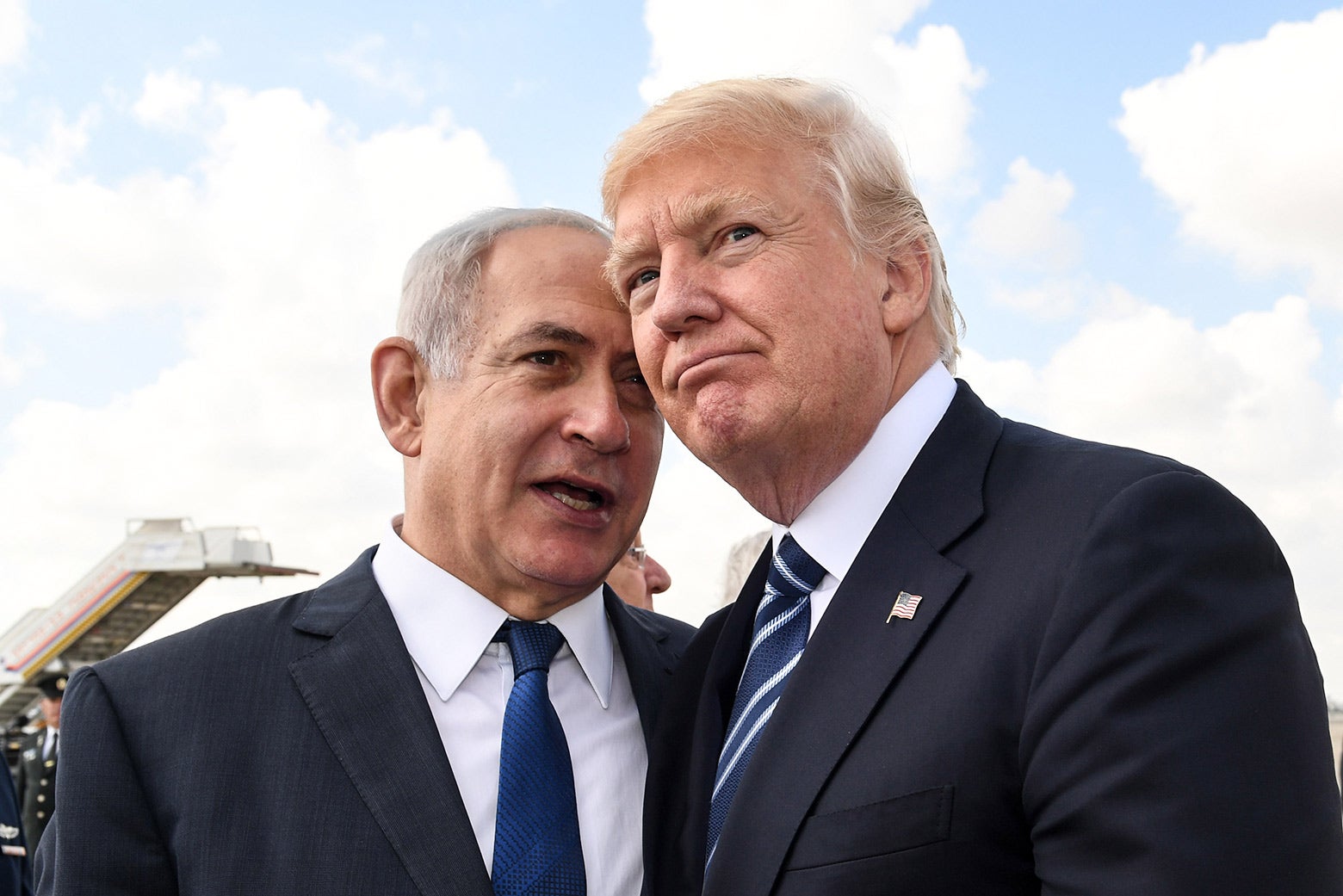Politics
Trump’s Alarming Phone Call with Netanyahu

In the lead-up to the U.S. presidential election, Donald Trump’s recent phone conversation with Israeli Prime Minister Benjamin Netanyahu raises significant concerns. Trump shared with his supporters that their discussion revolved around the ongoing conflicts in the Middle East. Notably, Netanyahu reportedly ignored President Joe Biden’s caution about military actions in Rafah, Gaza, which led to the death of Hamas leader Yahya Sinwar. Furthermore, Netanyahu sought Trump’s guidance regarding Iran’s missile strikes on Israel, to which Trump replied, “Do what you have to do.”
If true, as verified by Israeli officials, this situation highlights a potentially dangerous act of diplomatic irresponsibility, perhaps even crossing legal boundaries. The Logan Act, established in 1799, prohibits unauthorized private citizens from engaging in diplomatic communications with foreign governments concerning disputes with the U.S. Its intent is clear: to safeguard the presidency by ensuring that only the sitting president represents the nation externally.
While the Logan Act has rarely been enforced due to its broad scope and conflicts with First Amendment rights, the implications of an opposition presidential candidate communicating with a foreign leader amid a contentious international crisis are profound. Many former presidents have asserted that there is “one president at a time,” warning that premature actions by incoming leaders could disrupt U.S. foreign policy during a critical transitional period.
The context of Trump’s call with Netanyahu suggests a deeper intrigue. Speculation exists that following the death of Sinwar, opportunities for peace negotiations could arise. Meanwhile, Biden’s administration is actively attempting to revive talks in the region. If Trump’s communications indicated to Netanyahu to dismiss Biden’s strategies, it could undermine U.S. diplomatic efforts. Trump’s potential motive might be to position himself as a preferable partner if he wins the upcoming election.
Historically, there are alarming precedents for this kind of interference. During the Vietnam War, Richard Nixon allegedly undermined peace talks, seeking a political advantage over Hubert Humphrey. This led to extended conflict and countless additional losses. Although it remains uncertain if Trump’s intervention could similarly thwart peace efforts, the implications of his words and actions suggest a troubling prioritization of personal ambition over national interest.
Regardless of whether Trump directly instructed Netanyahu to disregard Biden’s policies, his casual advice shows a troubling disregard for the current administration’s approach, which aims to restrain Netanyahu’s more aggressive tendencies in the region.
In a broader context, Trump’s post-presidency activities, including multiple undisclosed discussions with Russian President Vladimir Putin, raise additional red flags. Trump’s proposed strategies often include controversial stances, like cutting aid to Ukraine. His assertions that he would quickly act to end various conflicts post-election indicate a troubling lack of awareness regarding the potential ramifications of such positions.
The conversation between Trump and world leaders could have far-reaching effects, especially if conducted without the relevant U.S. officials’ input. National security could be at stake, warranting scrutiny of these interactions, possibly including potential recordings of these dialogues that could clarify the implications of Trump’s communications.
